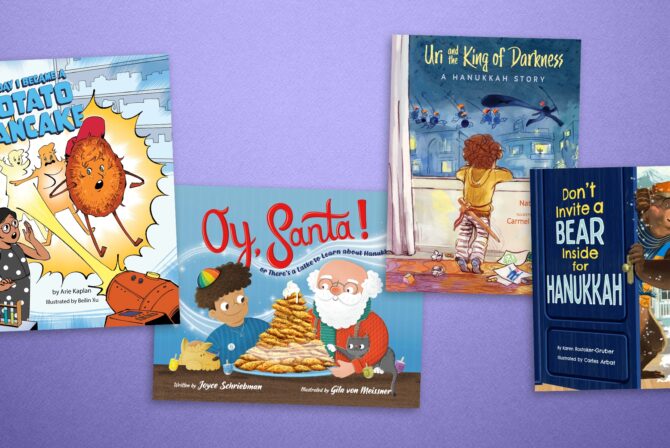Dear Gefilte,
I know Yom Kippur is supposed to be all about atoning for our pasts and cleansing for a new beginning, but what if I just can’t let go of some of the horrible stuff from this past year? I feel like this fight between me and my sister just gets bigger every time we’re in the same room. I know I’ve said some terrible things to her. I’ve said worse things about her behind her back. But do I really have to apologize when she still pisses me off and acts like none of this is her fault?
Yes, we’re both adults. Just acting like children.
Sincerely,
Not Ready for Sorry’s
READ: Waiting For an Apology That Will Never Come
Dear Not Ready,
A few years back, I used the word Sorry for everything.
I said Sorry instead of “Hello.” I said Sorry for “Goodbye.”
Sorry sorry sorry sorry sorry.
By Sorry I also meant:
-I love you
-I hate you
-I really want to connect with you but I’m incredibly intimidated
-I’m embarrassed by my skin, body, lack of anything else to say
-Actually you stepped on my toes but maybe if I say sorry you’ll get my passive-aggressive message
-I wish someone would hold me
-I don’t like when there’s silence so if I say something like sorry then you’ll have to say something back like that’s OK, and then maybe we’ll be in that thing people call a conversation.
Sorry meant everything. And nothing.
Because I used it for all the little things, I never said it when I should have. I still have trouble hauling out those two syllables when I desperately need to.
READ: Will I Ever Forgive My Ex-Husband?
Not Ready, I’ve “said some terrible things” to people I loved. Done some even terrible-er things. Reviewing this past year, I know I’ve shamed my kids in public, held grudges, made huge accusations and humongous exaggerations and judged people horribly. I’ve lusted, mistrusted, made rhymes to hide from the truth of how ugly I can be. And while I can write to you that I’m sorry for these things, it doesn’t mean a heck of a lot until I do something about it.
Rabbi Daniel Cohen of Temple Sharey Tefilo-Israel says, “The tradition makes clear that Yom Kippur is not a ‘get out of sin free (or easy) day’ but actually takes work. For transgressions against God Yom Kippur atones. But for transgressions between two people Yom Kippur does not atone until they have made peace with one another. Atonement takes sincerely desiring to atone AND actions that turn that sincere belief into reality.”
The word atone actually comes from the adverbial phrase atonen (c. 1300). It’s a contraction of “at” and “one.” Also, we use the word teshuvah a lot at Yom Kippur which means “to return.” Again, it’s a call to action, for us to get back to our highest selves. Clearing the deck so our souls are honest and open to the world.
So, in gefilte-speak, don’t say sorry unless you mean it and only when you can back that sh*t up.
Also, don’t say sorry because you want your sister to say sorry, too. Forgiveness is a delicious thing, and an entirely separate responsibility. If and when you want to forgive her, it’s going to do wonders for your blood pressure and skin conditions. Even the Mayo Clinic writes about the health benefits of practicing forgiveness.
Rabbi Cohen agrees: “There is a part of forgiveness that isn’t selfless. When we hold onto an old hurt we remain stuck in the past. (It essentially poisons our souls.) When we forgive we let go of the old hurt and allow ourselves to live fully in the present.”
I don’t know about you, Not Ready, but that sounds like a good way to ring in the New Year, huh?
READ: An Apology to My Toddler on Yom Kippur
And here’s one from one of my all-time heroes, Amy Poehler: “Great people do things before they’re ready. They do things before they know they can do it. Doing what you’re afraid of, getting out of your comfort zone, taking risks like that—that’s what life is.”
Not Ready, I’m not ready either, but I think it’s worth a try.
With love and schmaltz,
Gefilte
When is Yom Kippur 2015? Find out here.
Have a question for Gefilte? Send it to deargefilte@kveller.com, and you might just get an answer.








